Sponsored by:
Code: WLS10

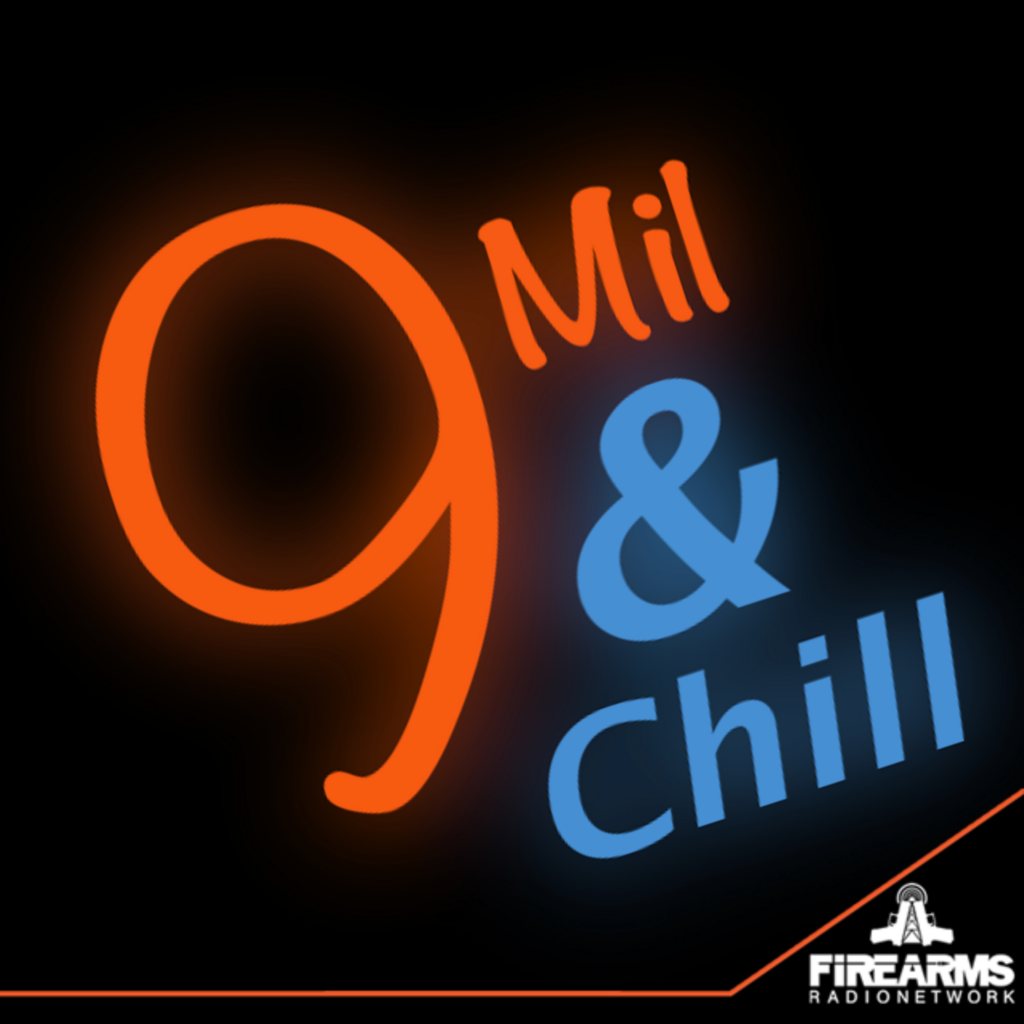 9 Mil & Chill
9 Mil & Chill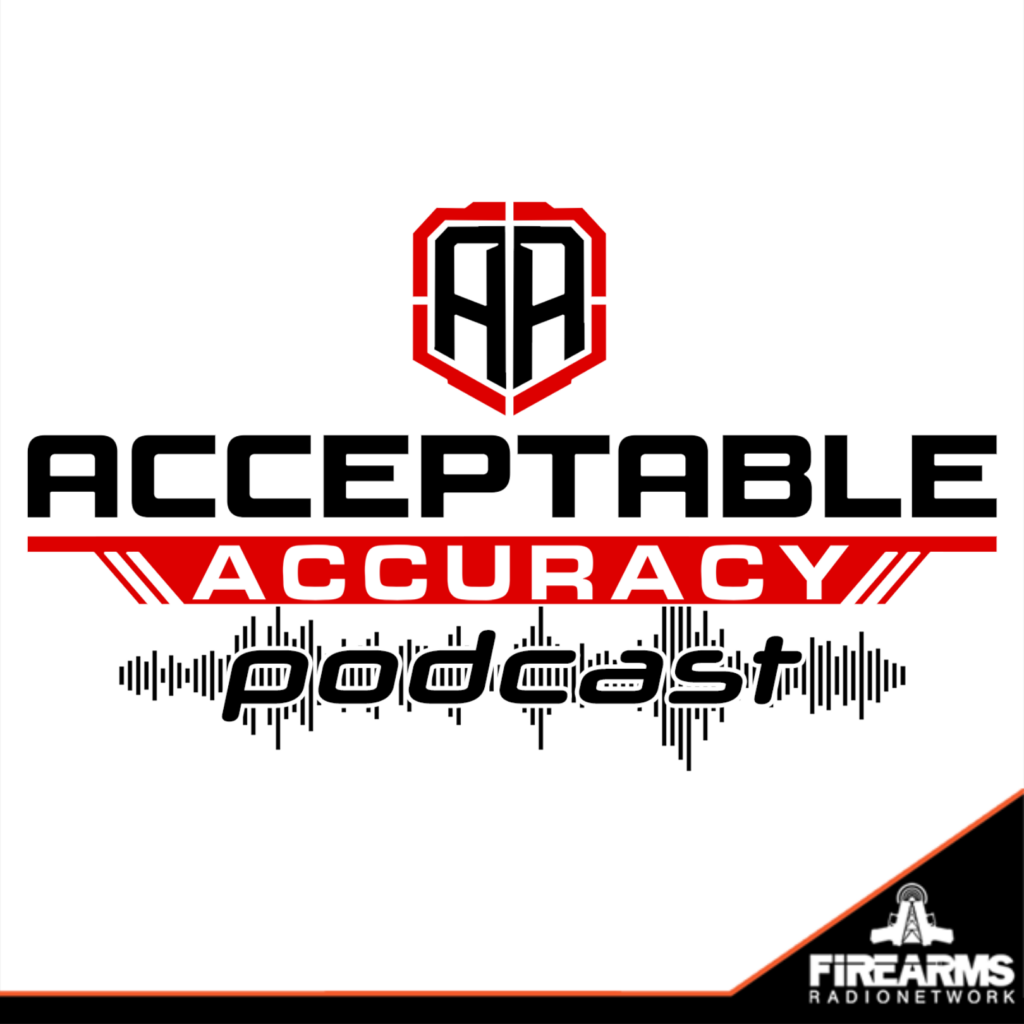 Acceptable Accuracy Podcast
Acceptable Accuracy Podcast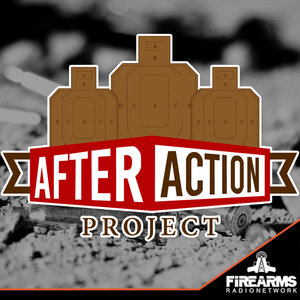 After Action Project
After Action Project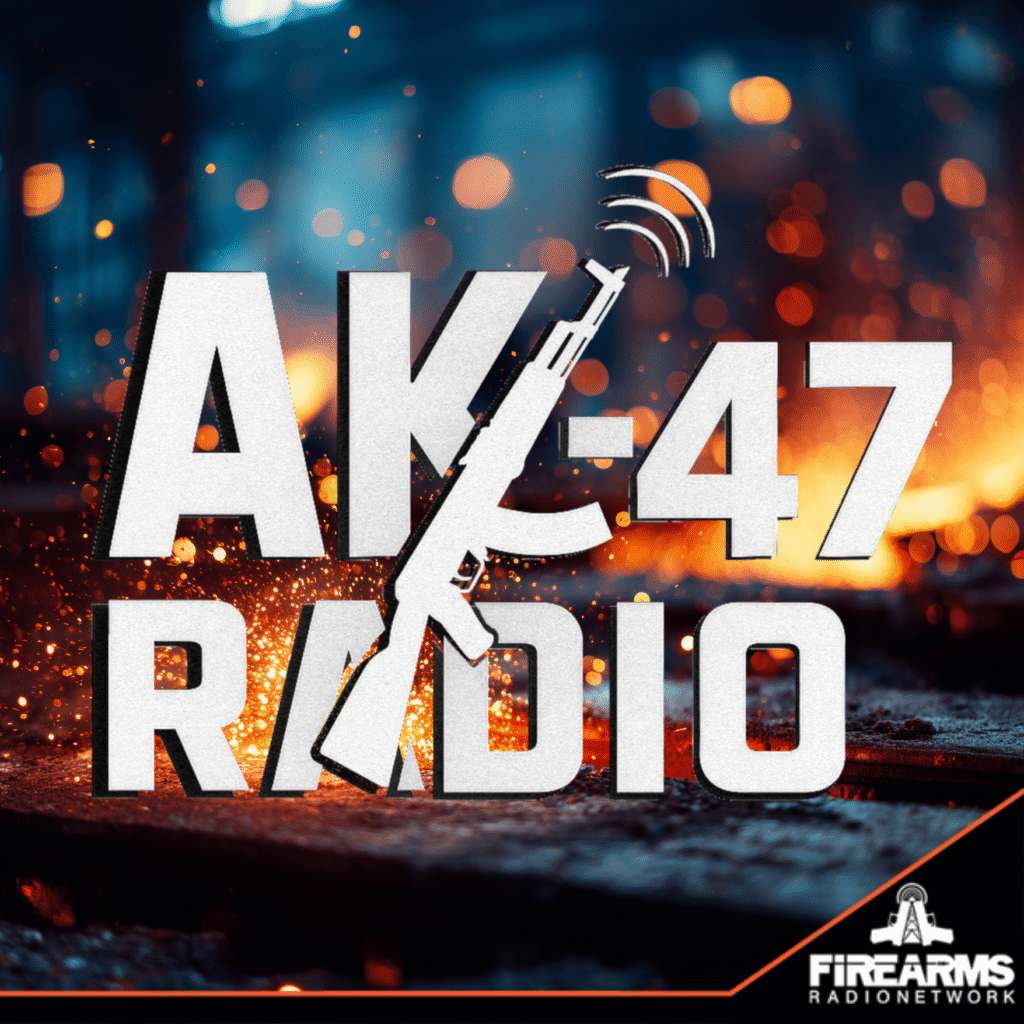 AK-47 Radio Show
AK-47 Radio Show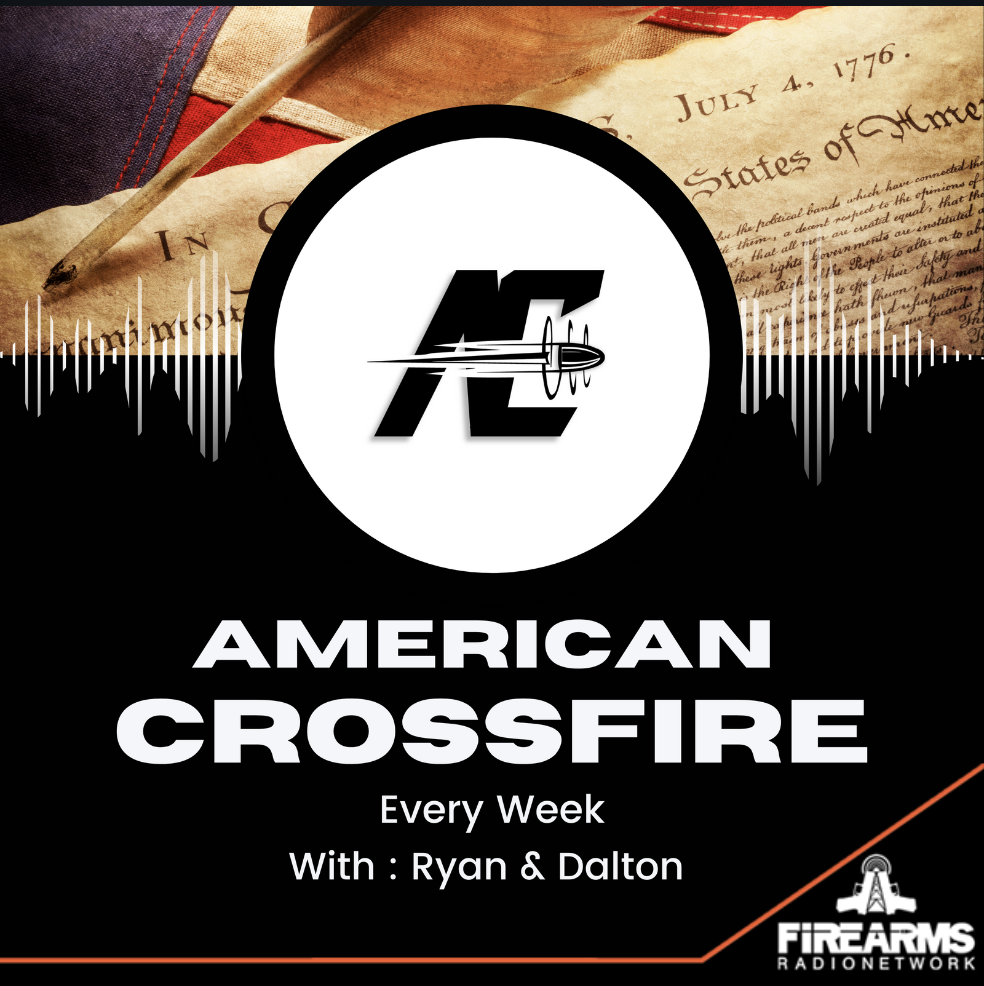 American Crossfire
American Crossfire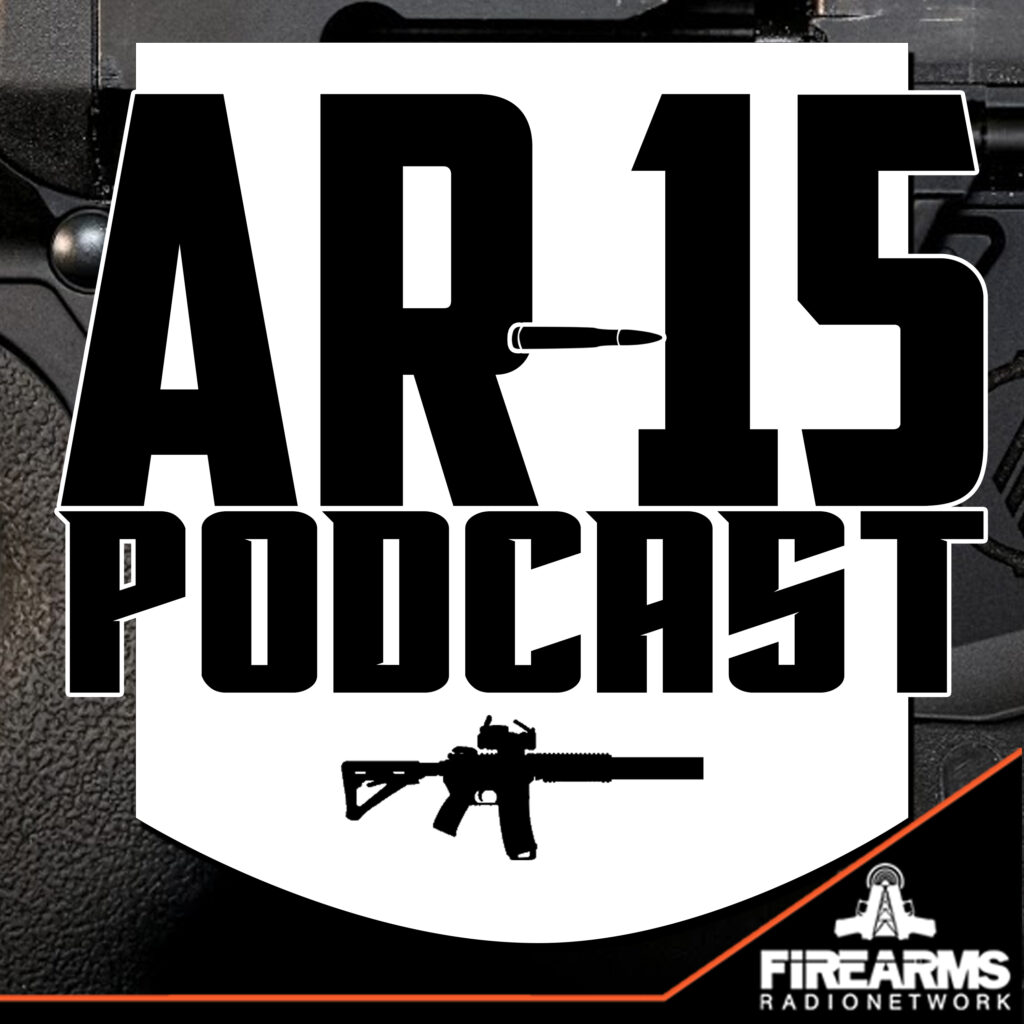 AR-15 Podcast
AR-15 Podcast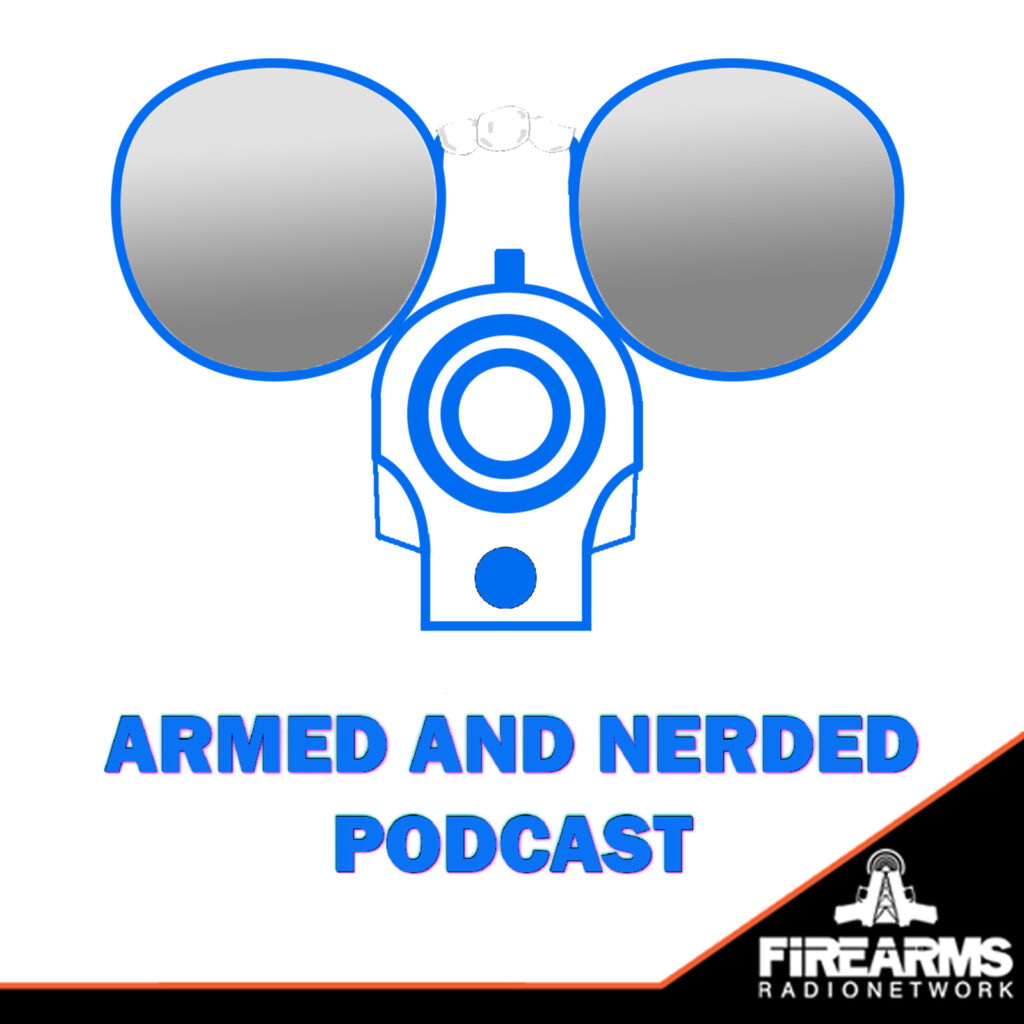 Armed and Nerded
Armed and Nerded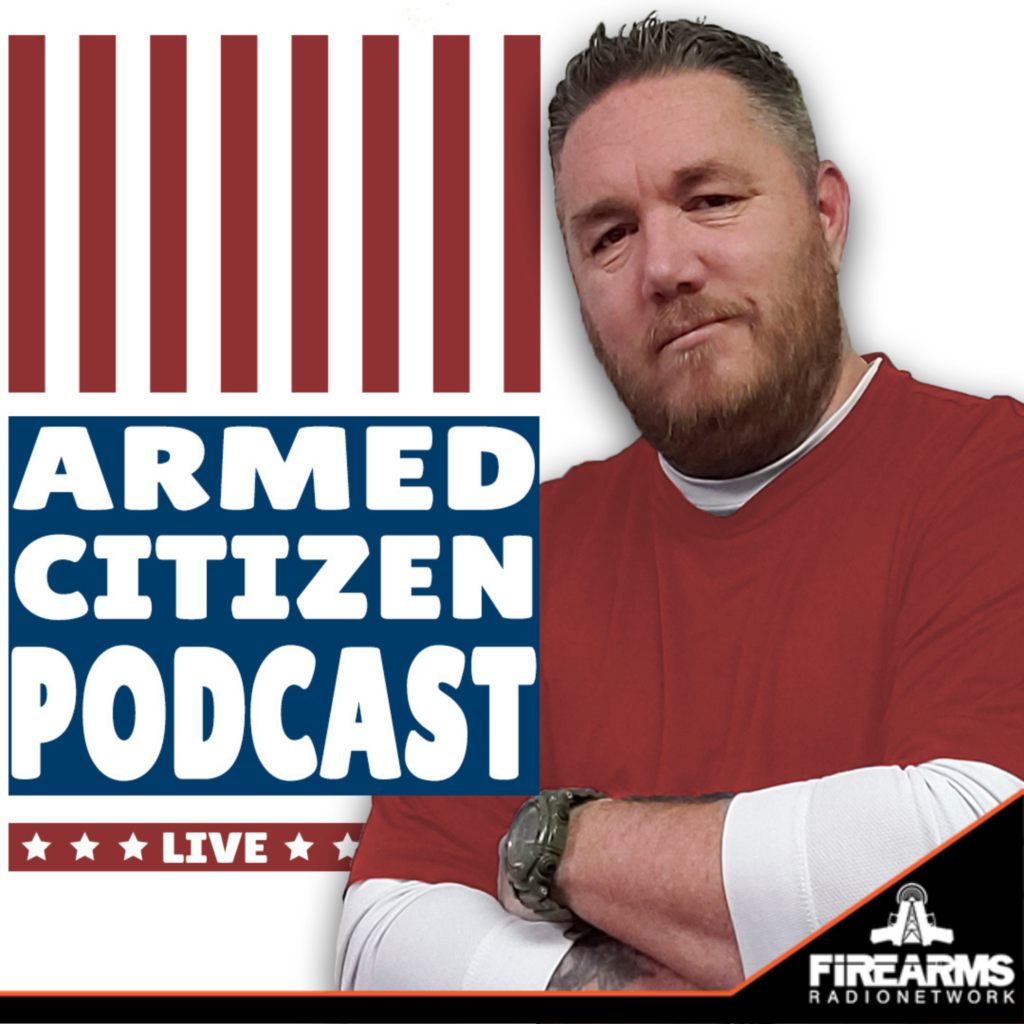 Armed Citizen Podcast
Armed Citizen Podcast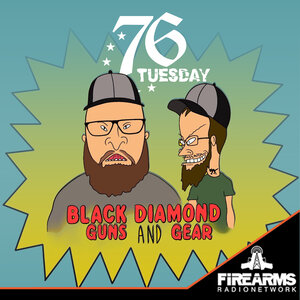 Black Diamond Guns and Gear
Black Diamond Guns and Gear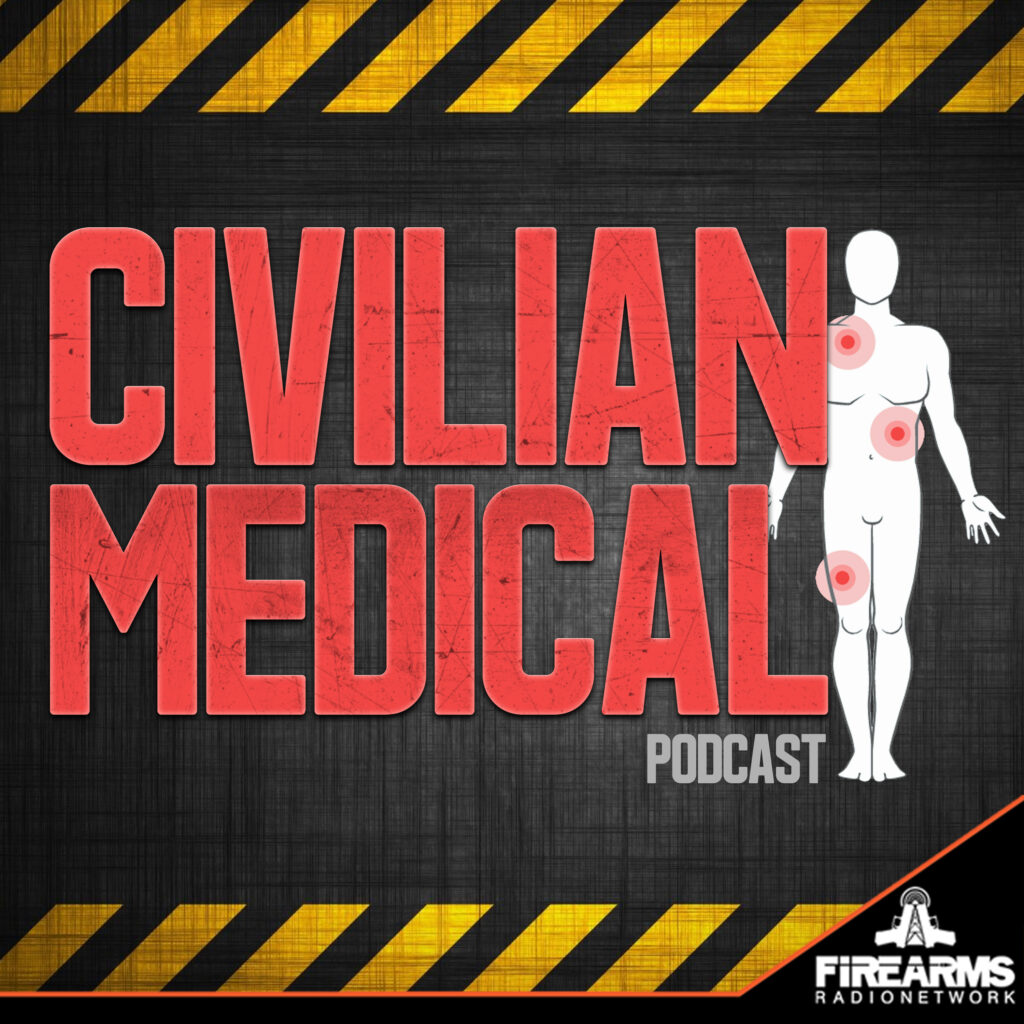 Civilian Medical Podcast
Civilian Medical Podcast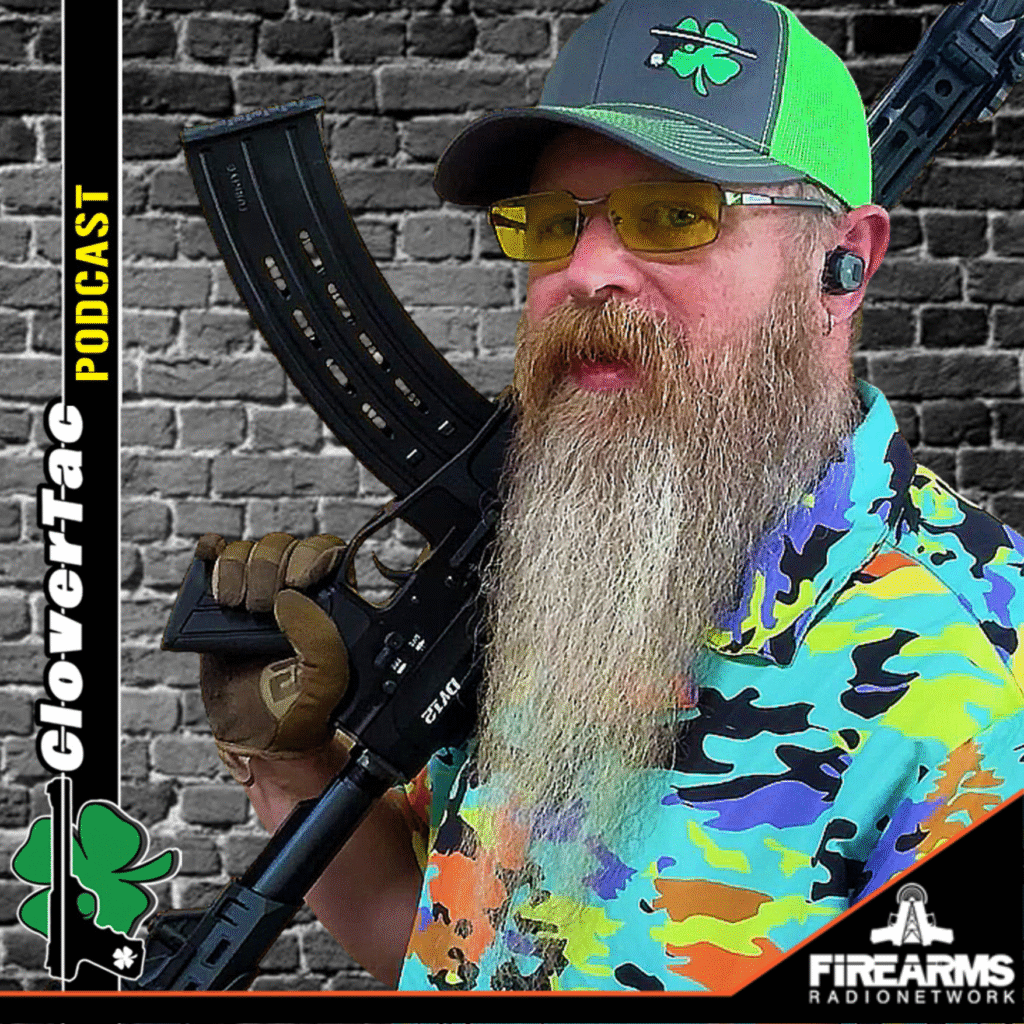 CloverTac Podcast
CloverTac Podcast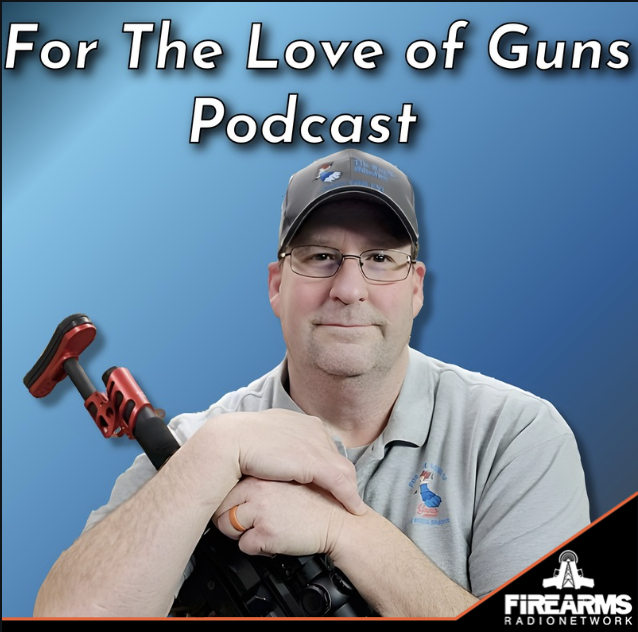 For The Love Of Guns
For The Love Of Guns Ghost & Clover
Ghost & Clover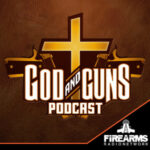 God and Guns
God and Guns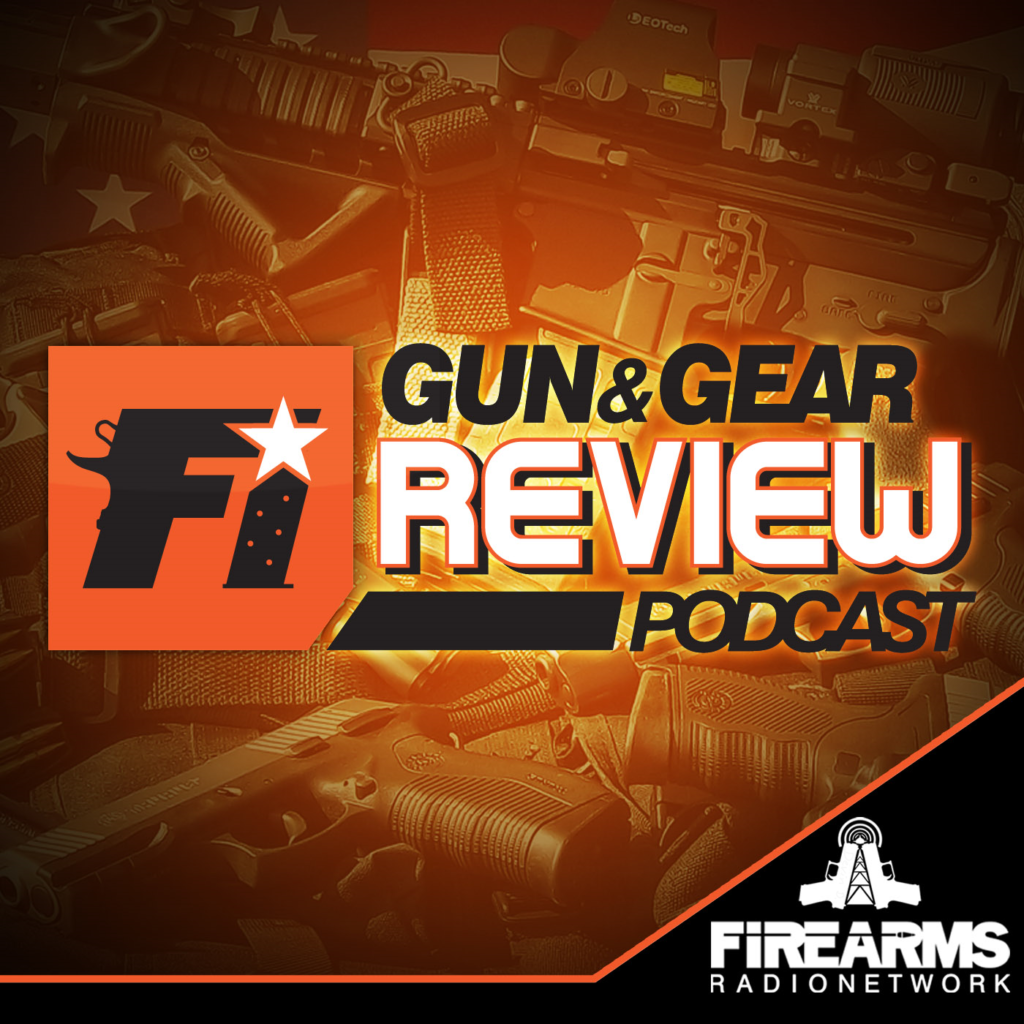 Gun & Gear Review
Gun & Gear Review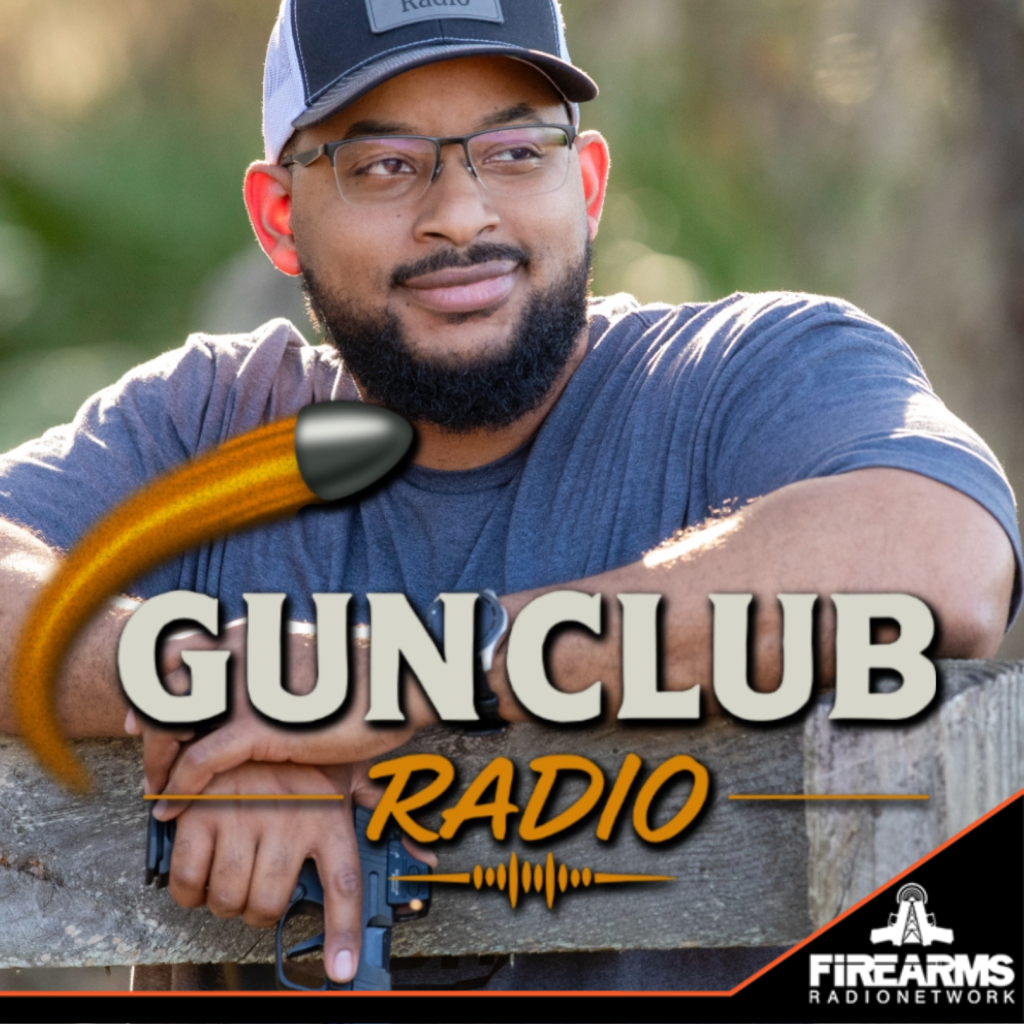 Gun Club Radio
Gun Club Radio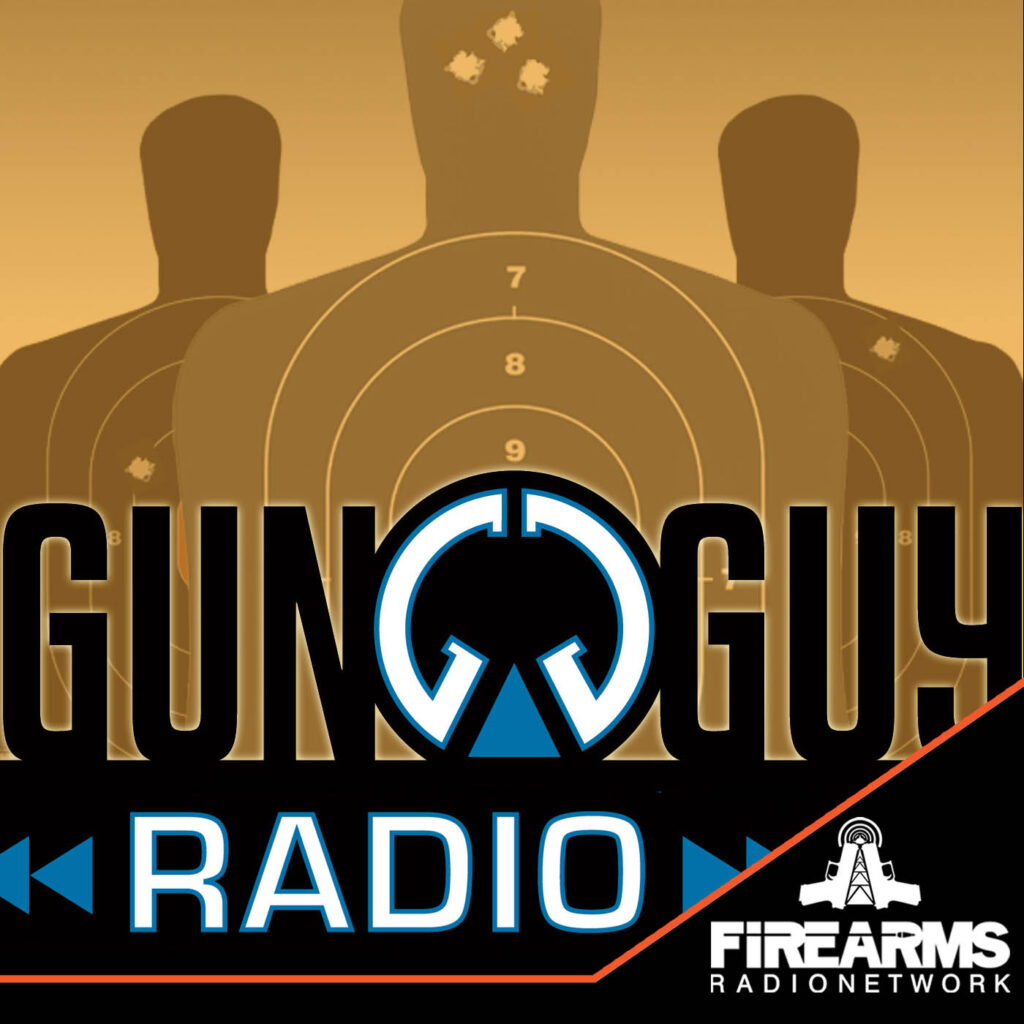 Gun Guy Radio
Gun Guy Radio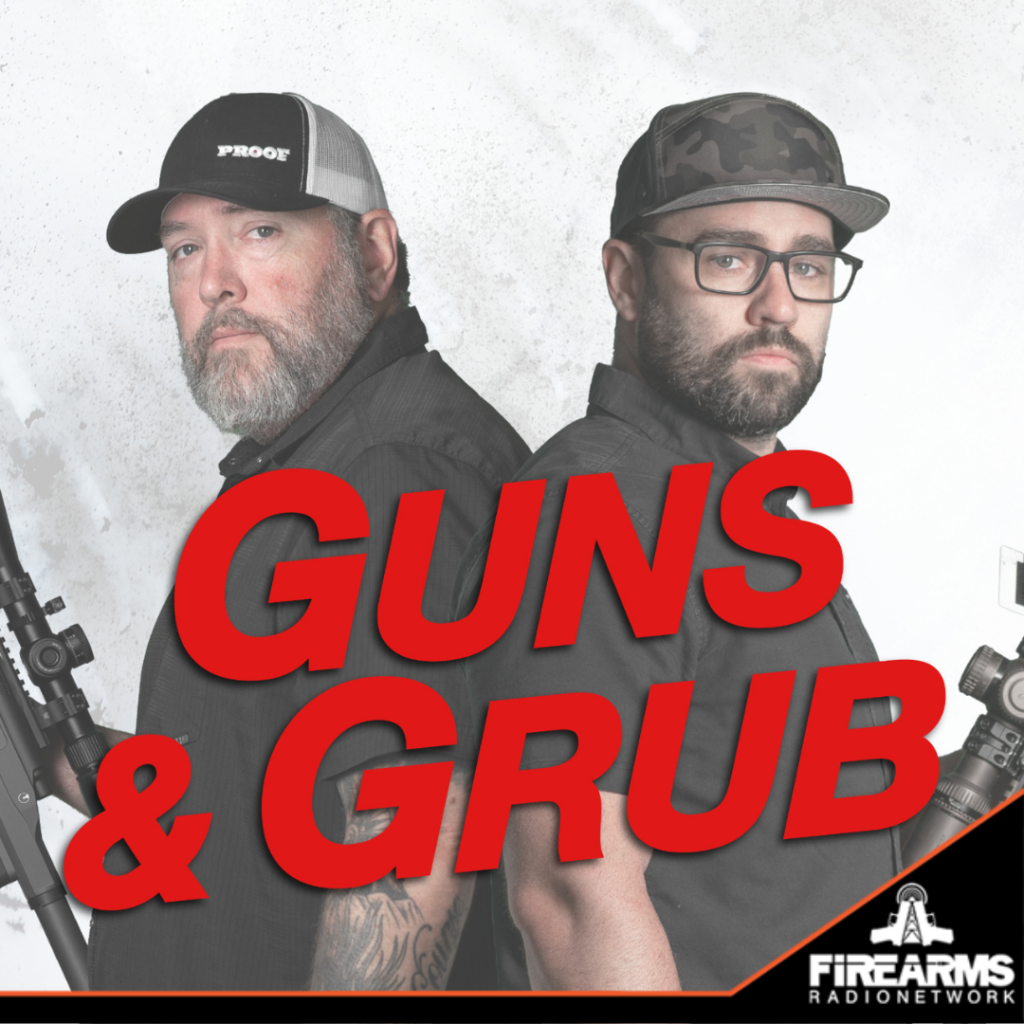 Guns & Grub
Guns & Grub Handgun Radio
Handgun Radio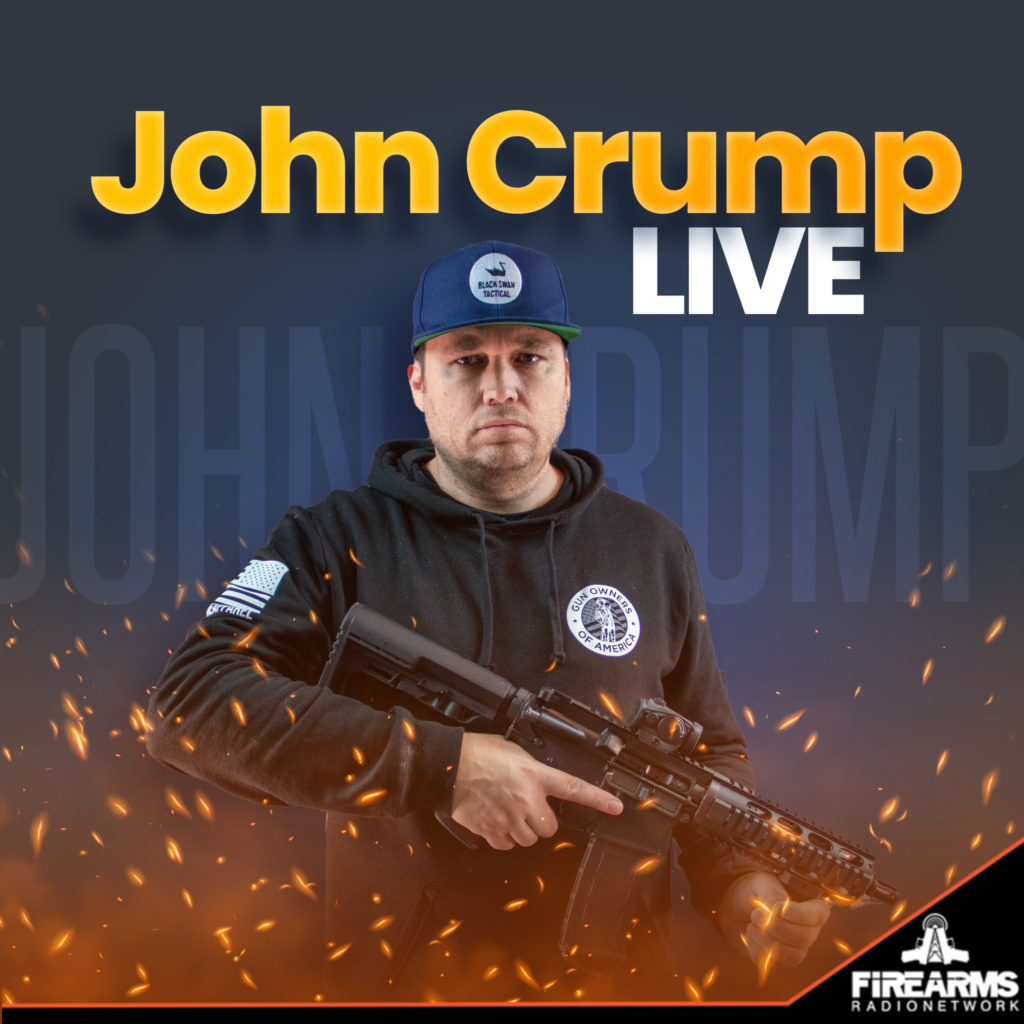 John Crump Live
John Crump Live Let's Go Hunt
Let's Go Hunt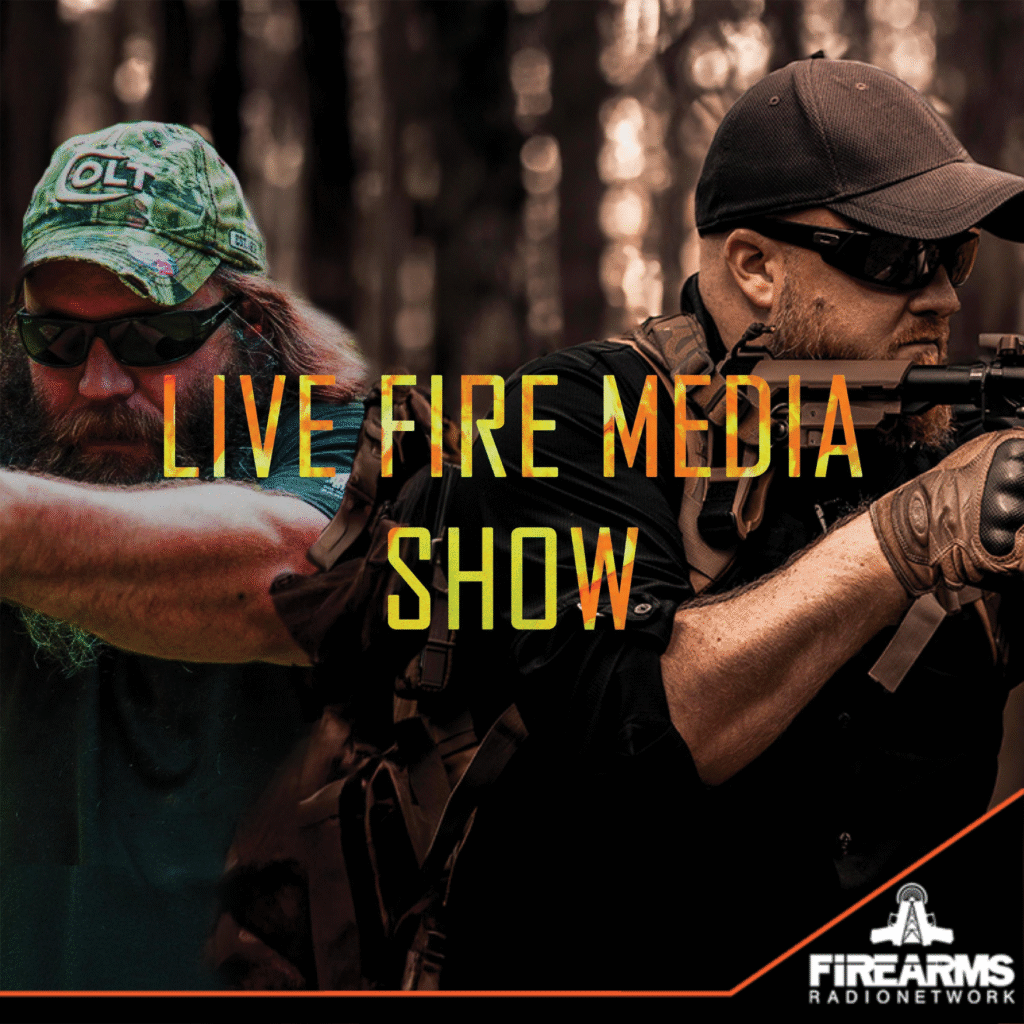 Live Fire Media Show
Live Fire Media Show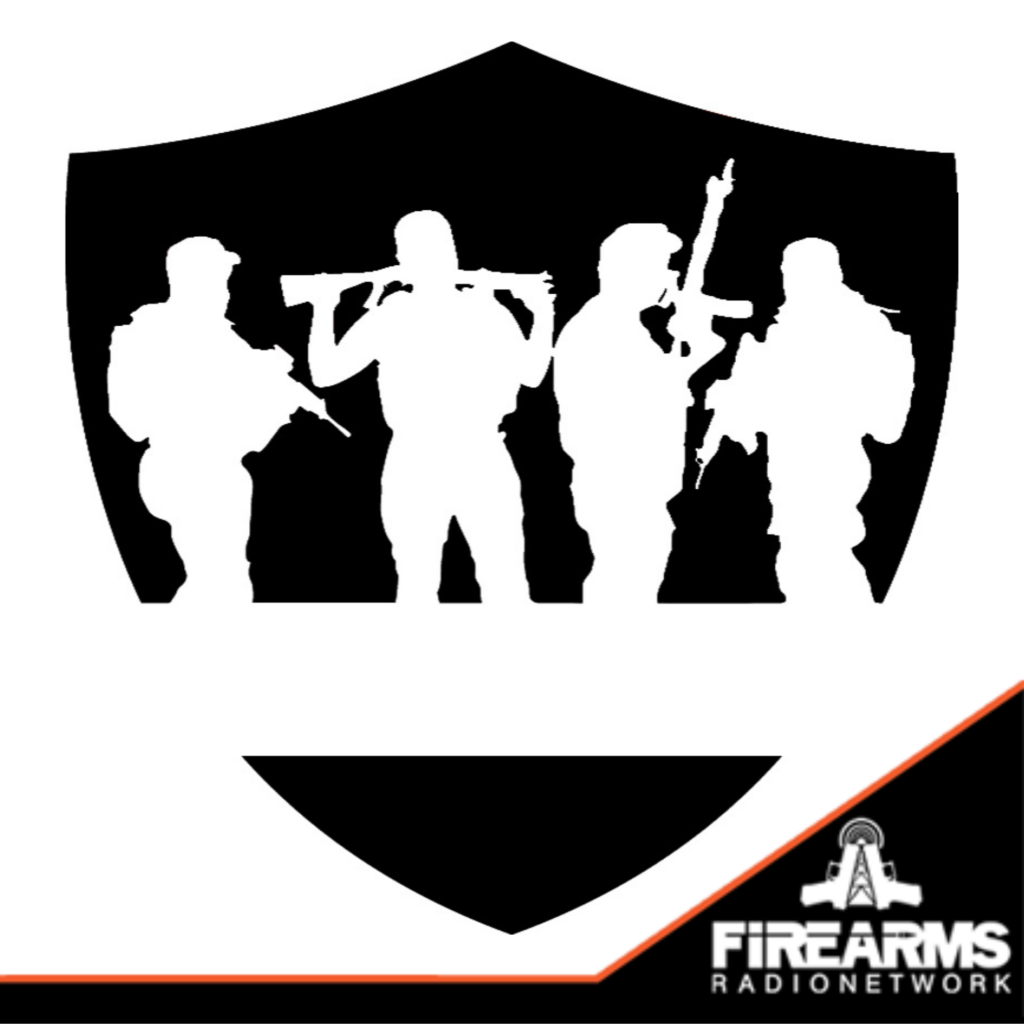 Live with TLD
Live with TLD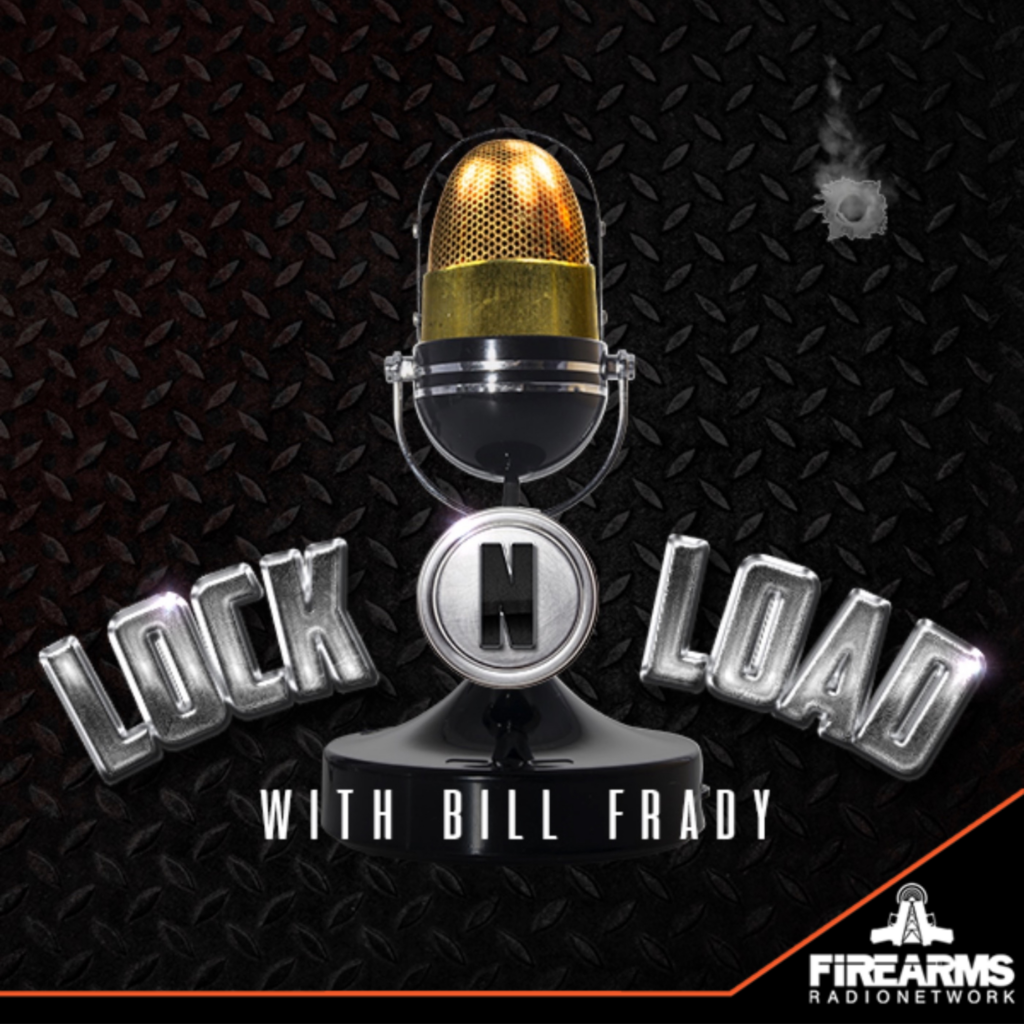 Lock N Load with Bill Frady
Lock N Load with Bill Frady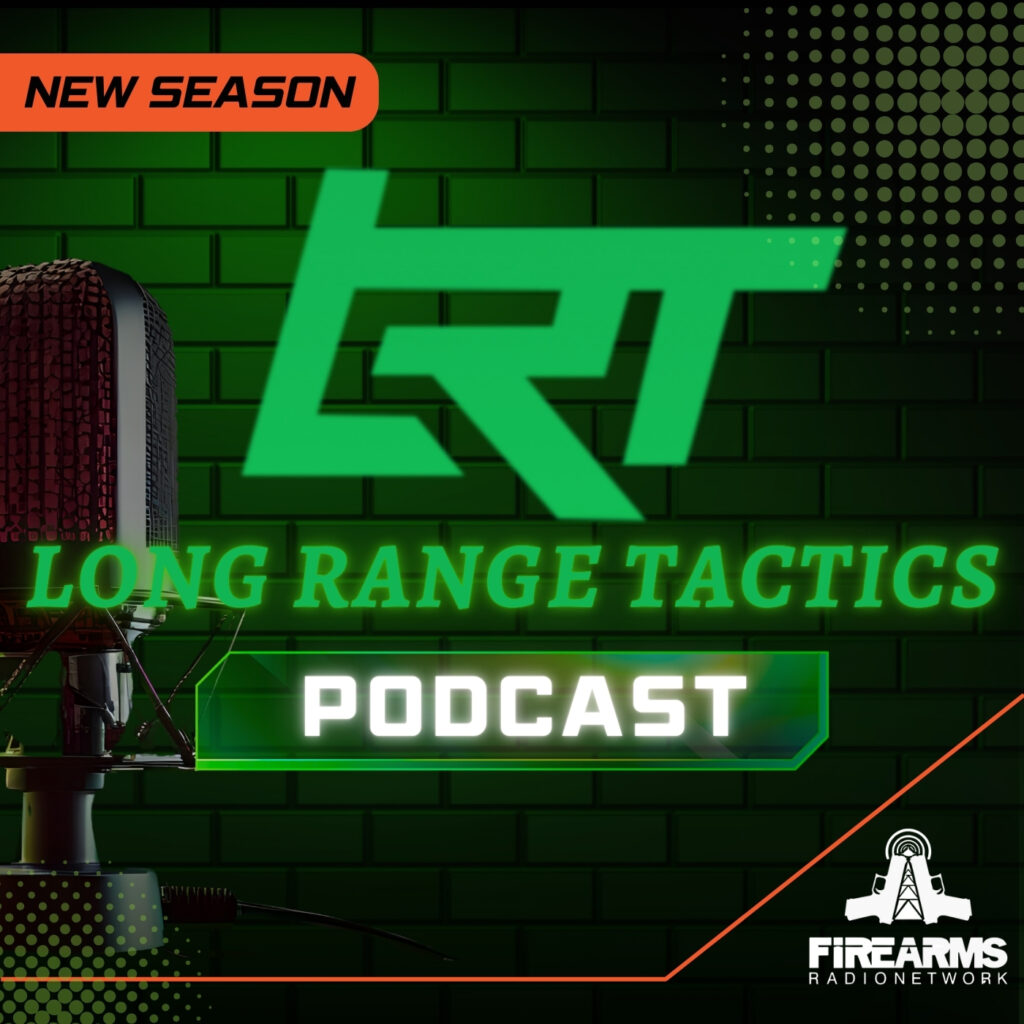 Long Range Tactics
Long Range Tactics MacBroz Show
MacBroz Show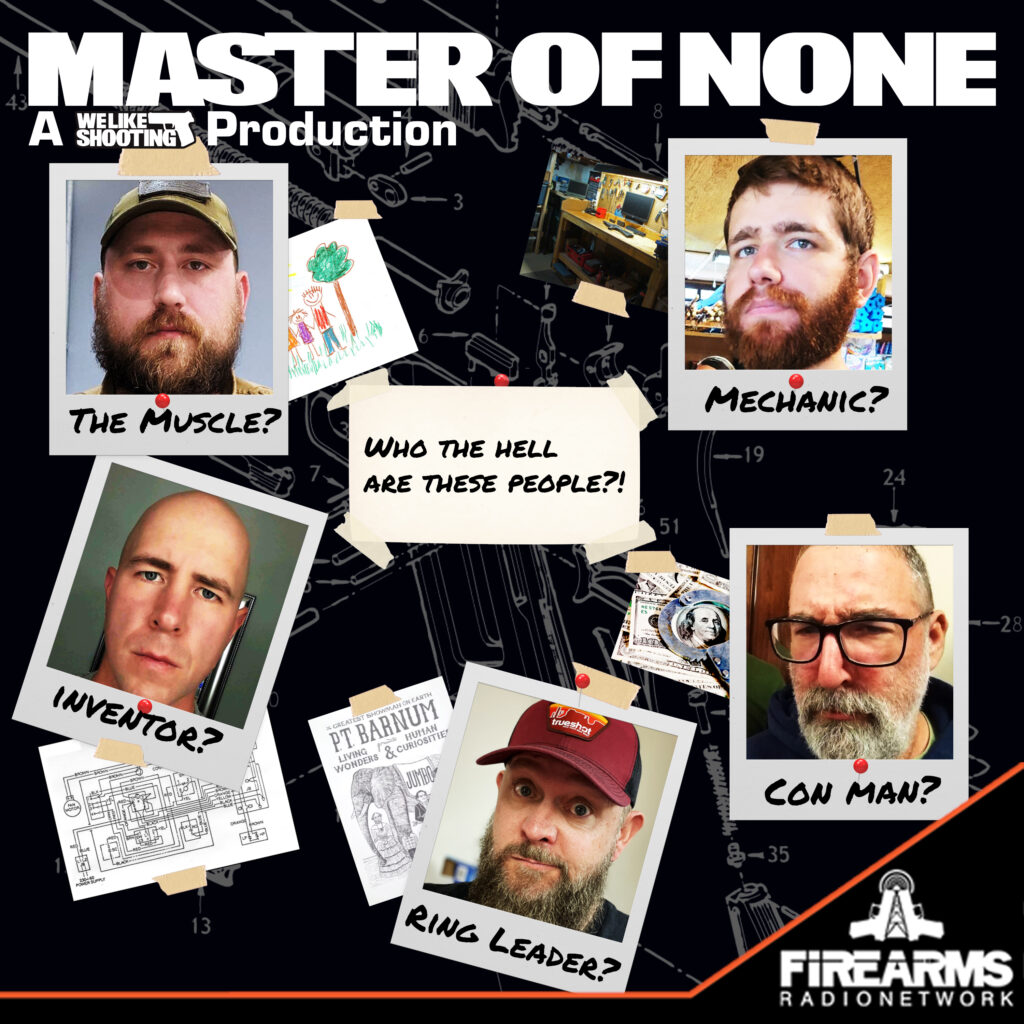 Master of None
Master of None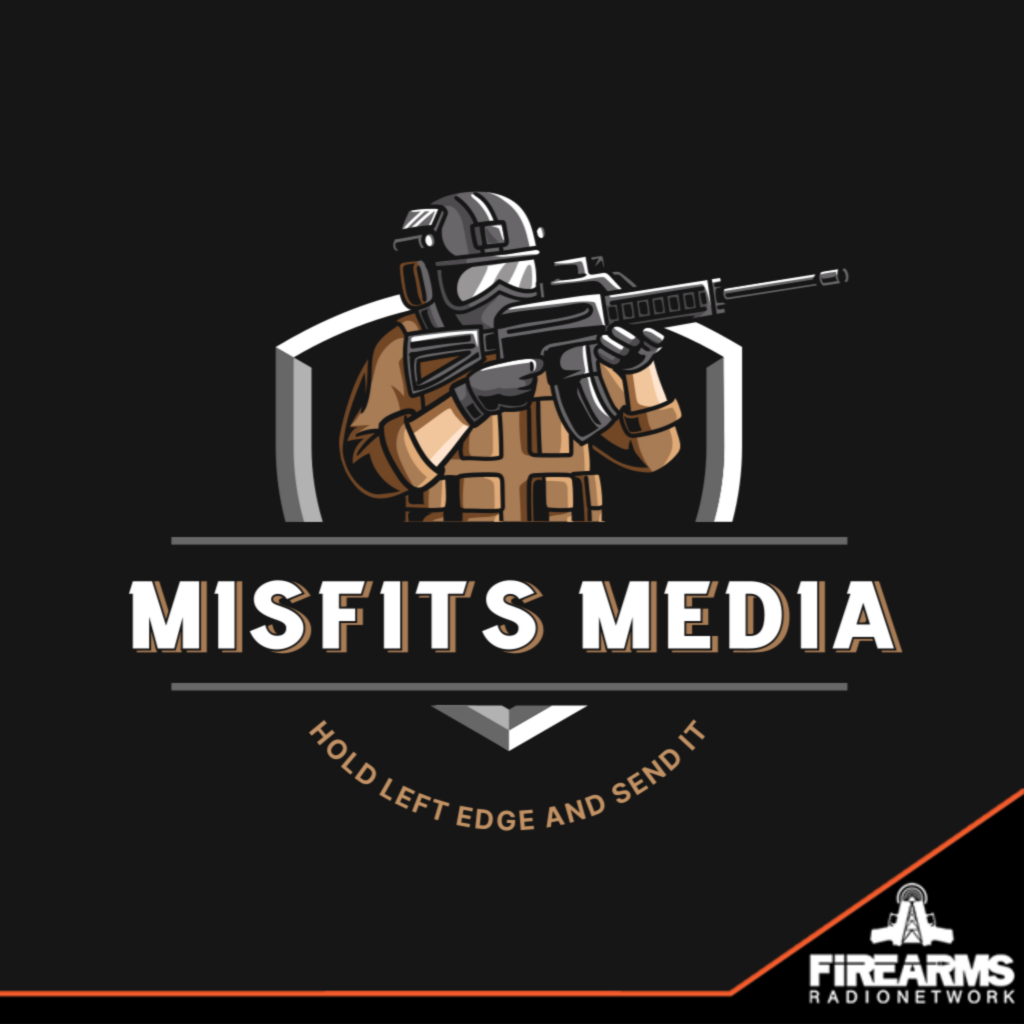 Misfits Media
Misfits Media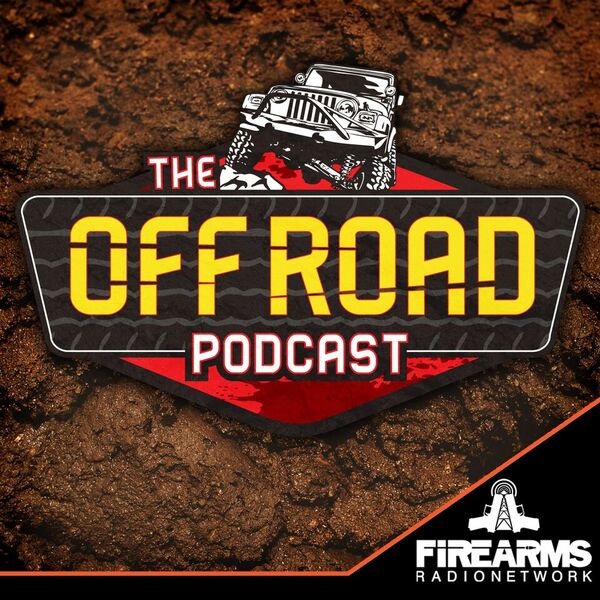 Off Road Podcast
Off Road Podcast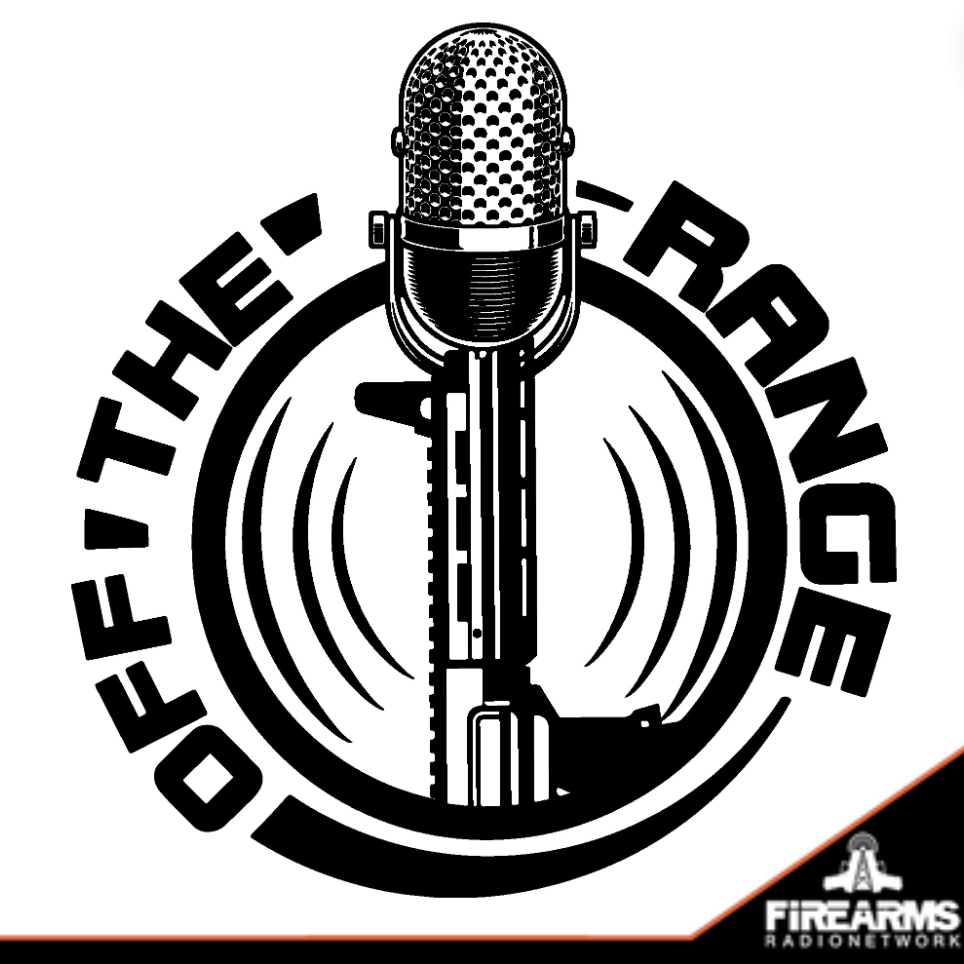 Off The Range Podcast
Off The Range Podcast Pew Time
Pew Time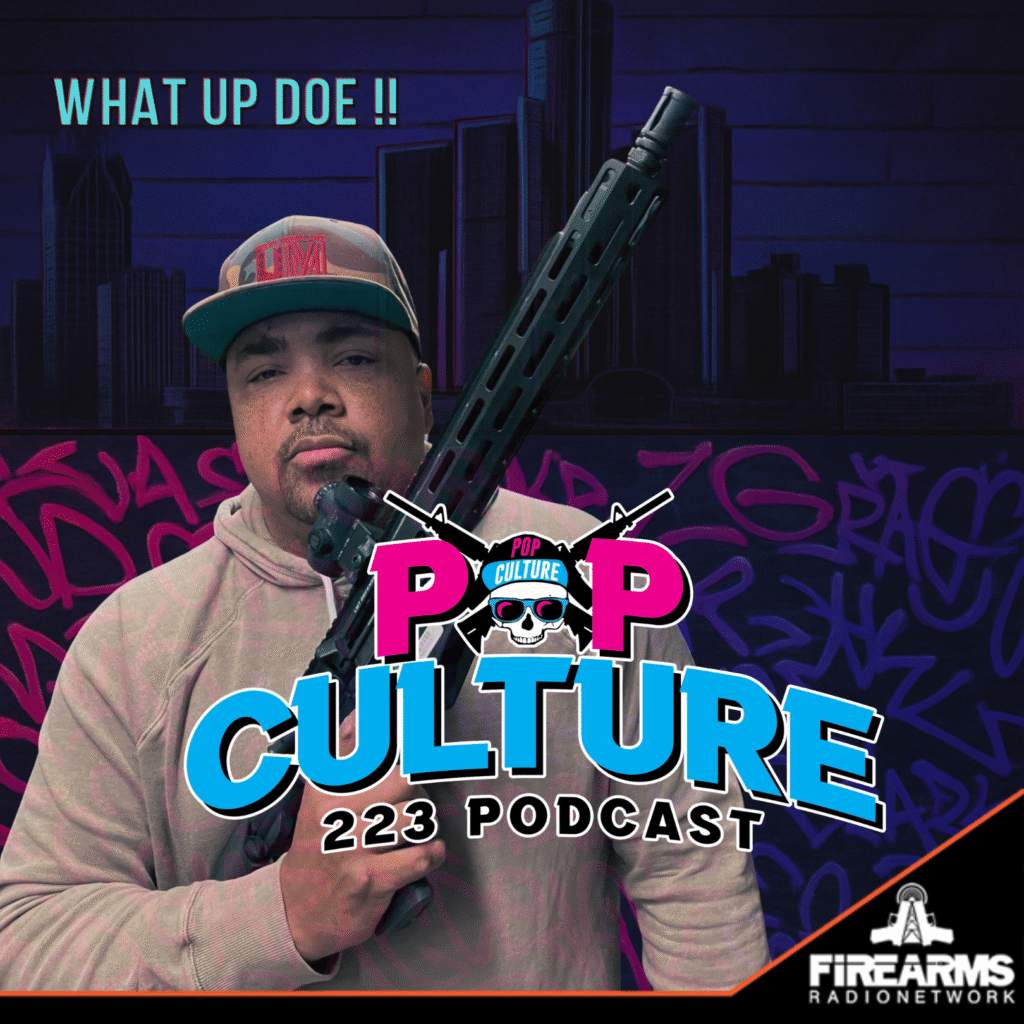 PopCulture 223 Podcast
PopCulture 223 Podcast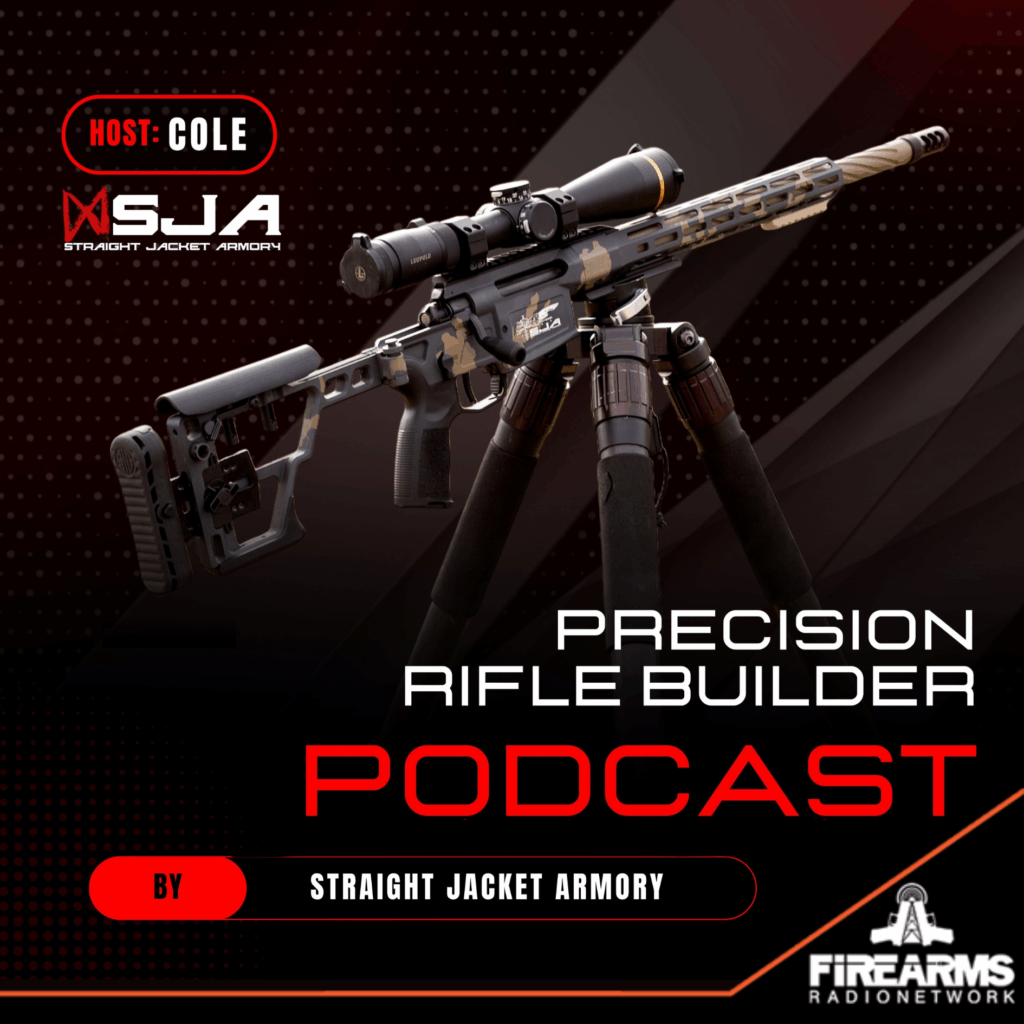 Precision Rifle Builder Podcast By Straight Jacket Armory
Precision Rifle Builder Podcast By Straight Jacket Armory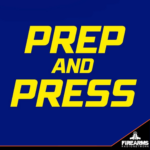 Prep and Press
Prep and Press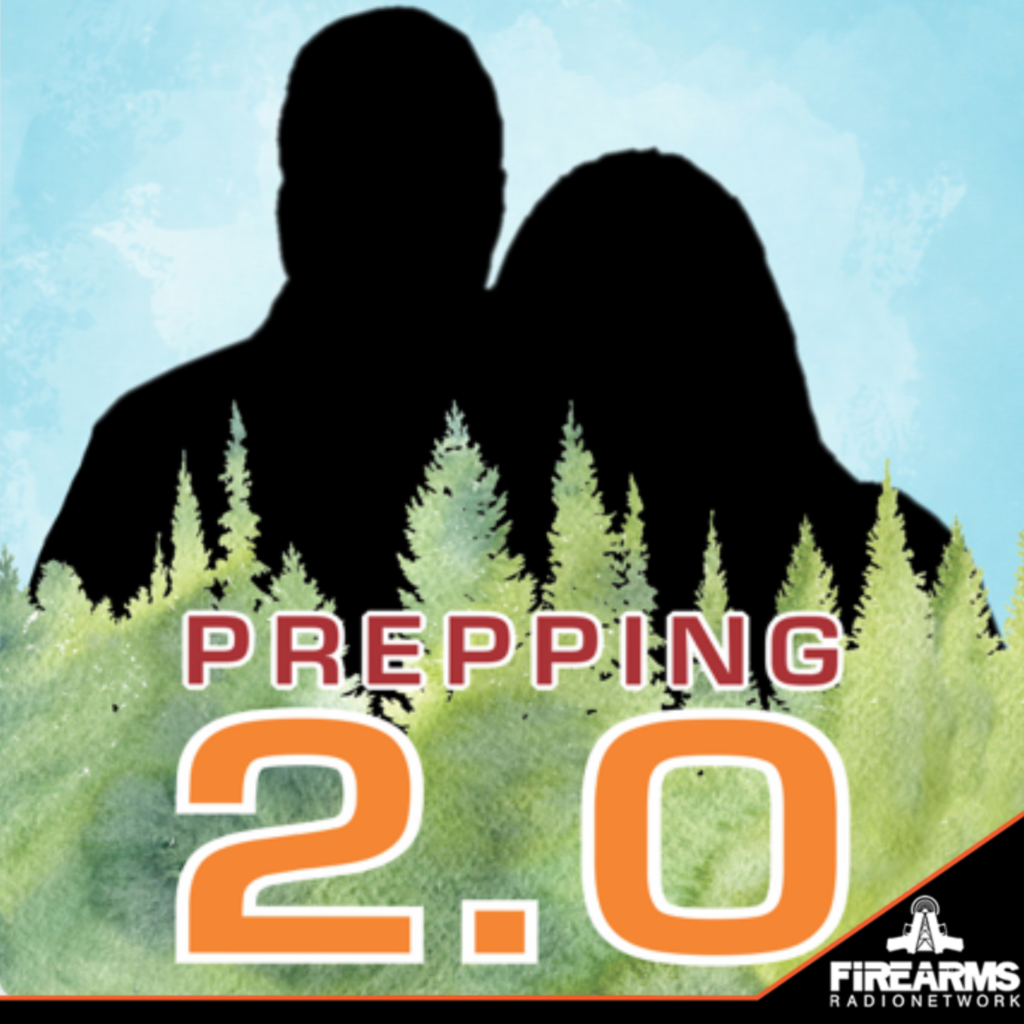 Prepping 2.0
Prepping 2.0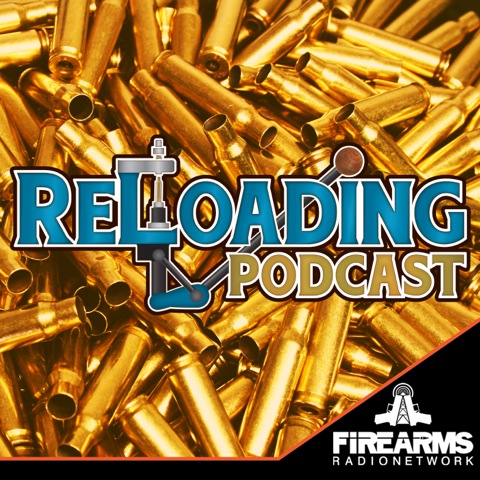 Reloading Podcast
Reloading Podcast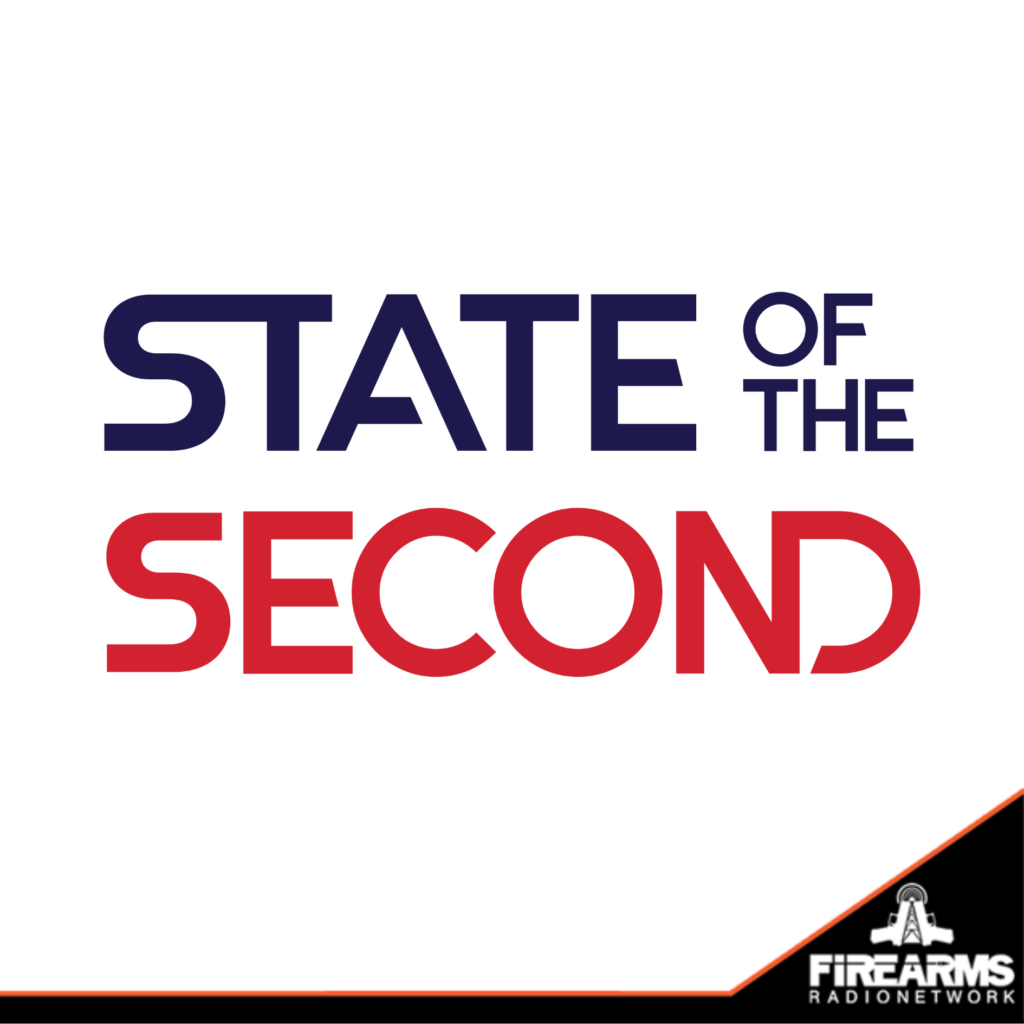 State of The Second
State of The Second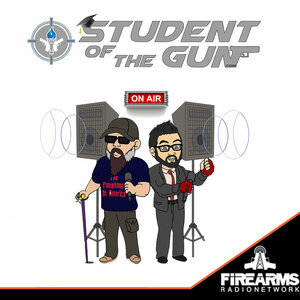 Student of the Gun
Student of the Gun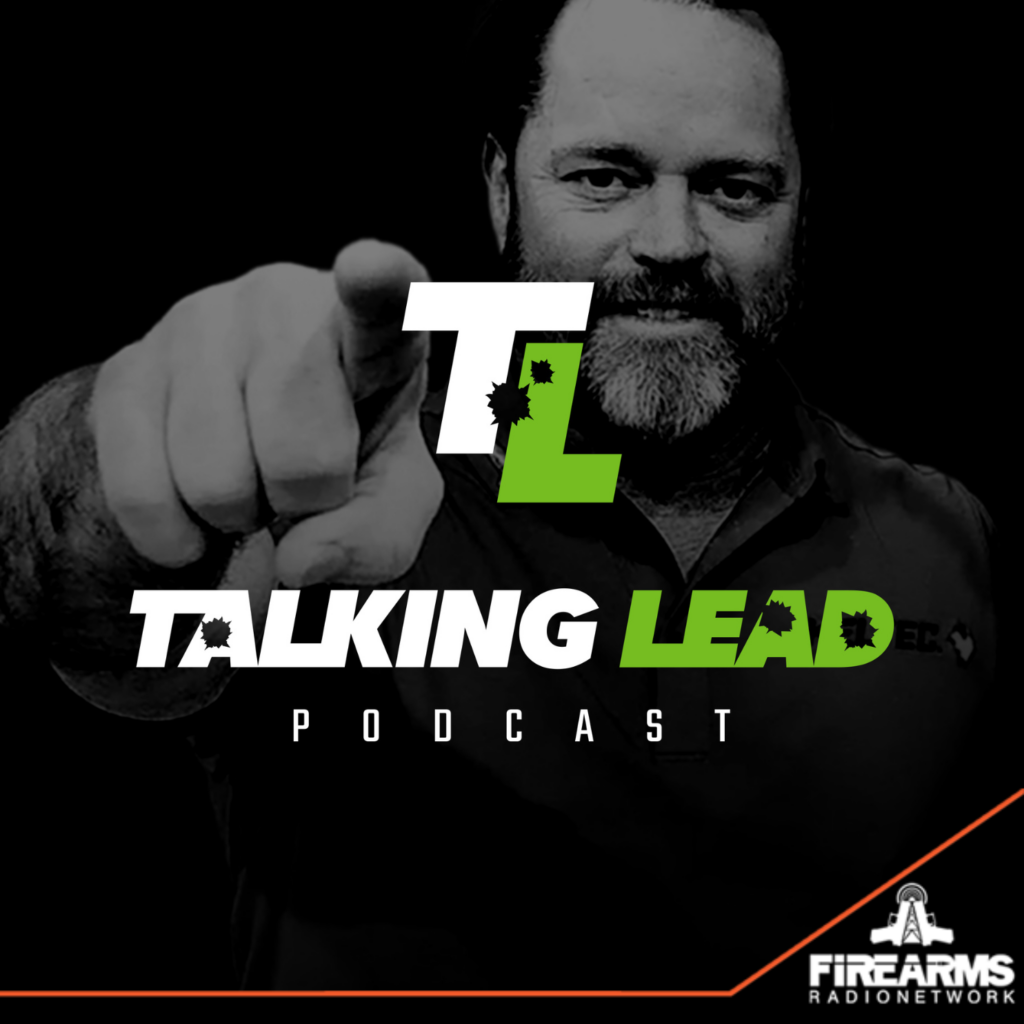 Talking Lead
Talking Lead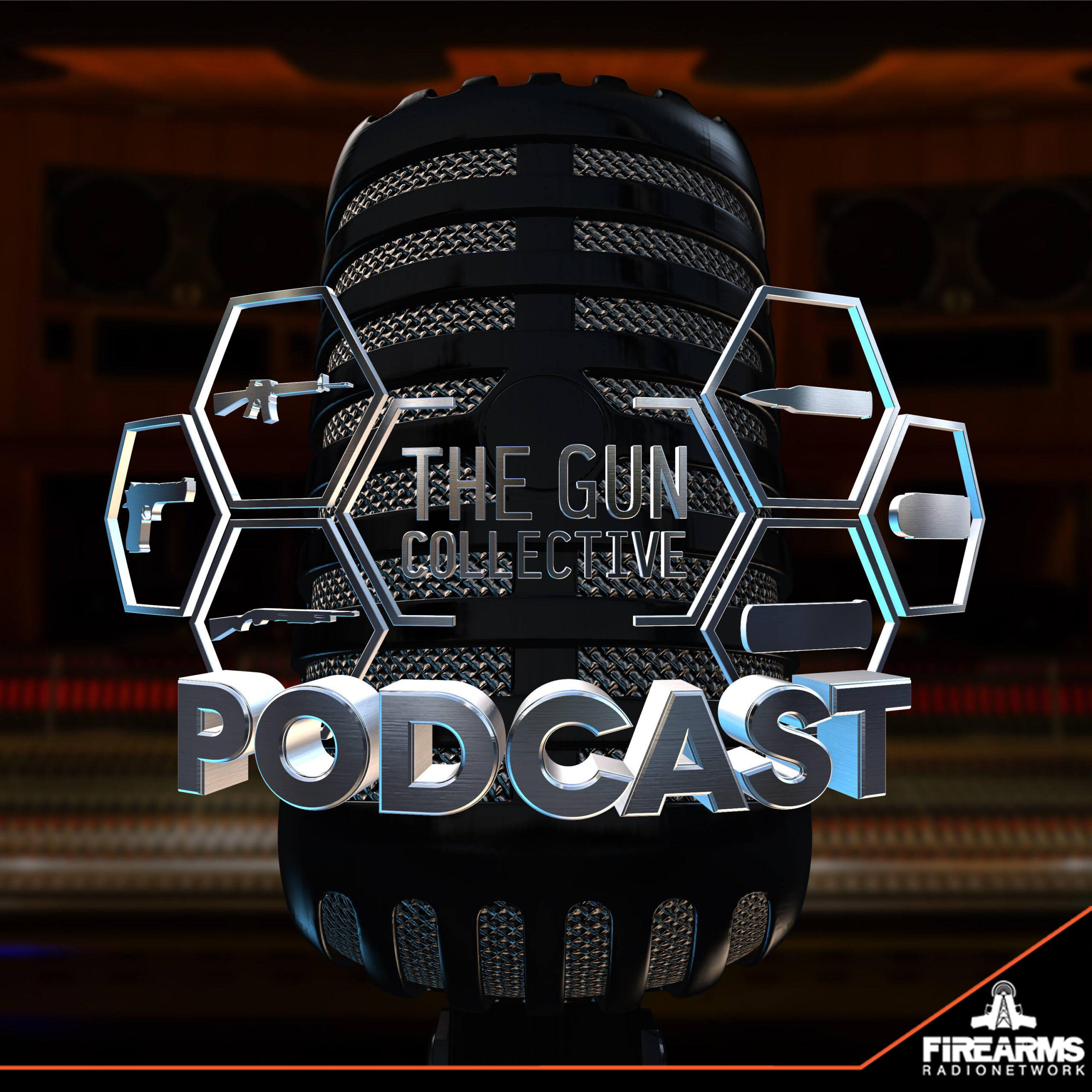 The Gun Collective Podcast
The Gun Collective Podcast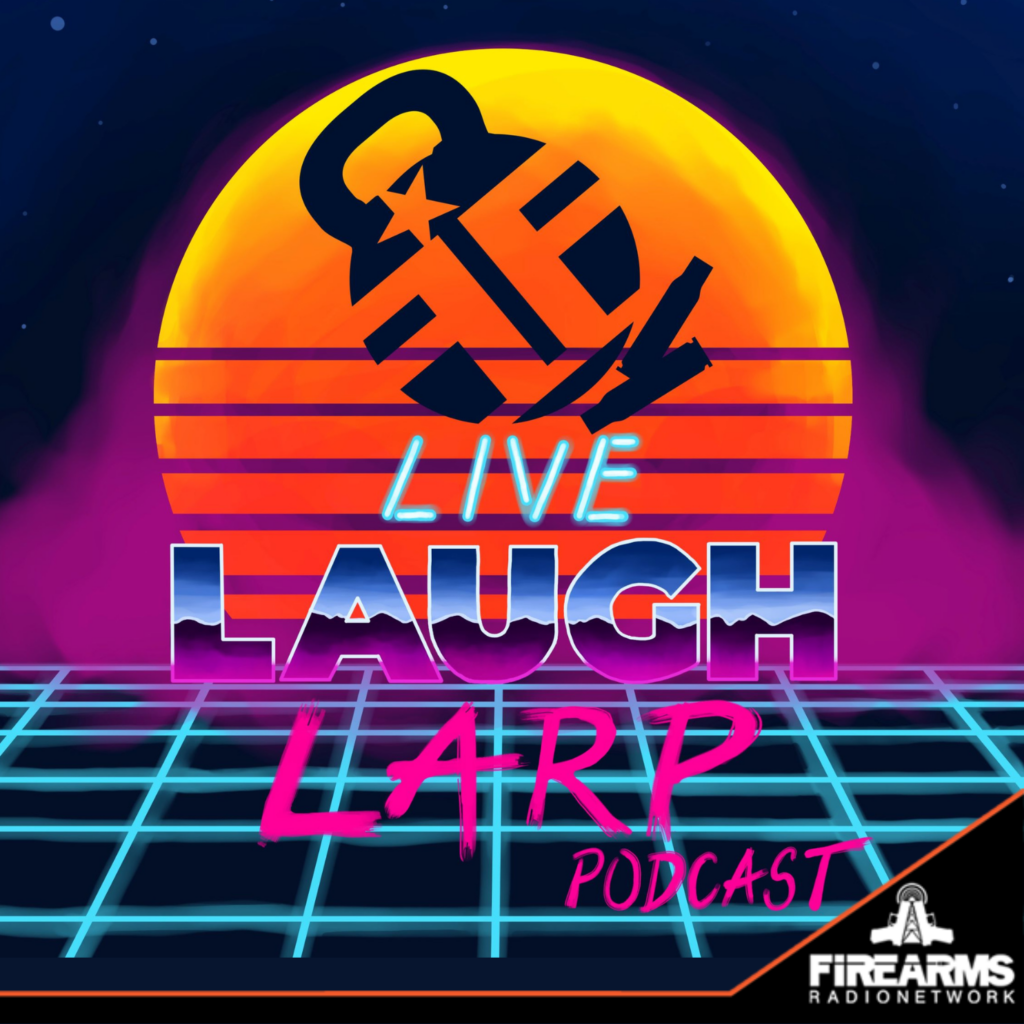 The Live Laugh Larp Podcast
The Live Laugh Larp Podcast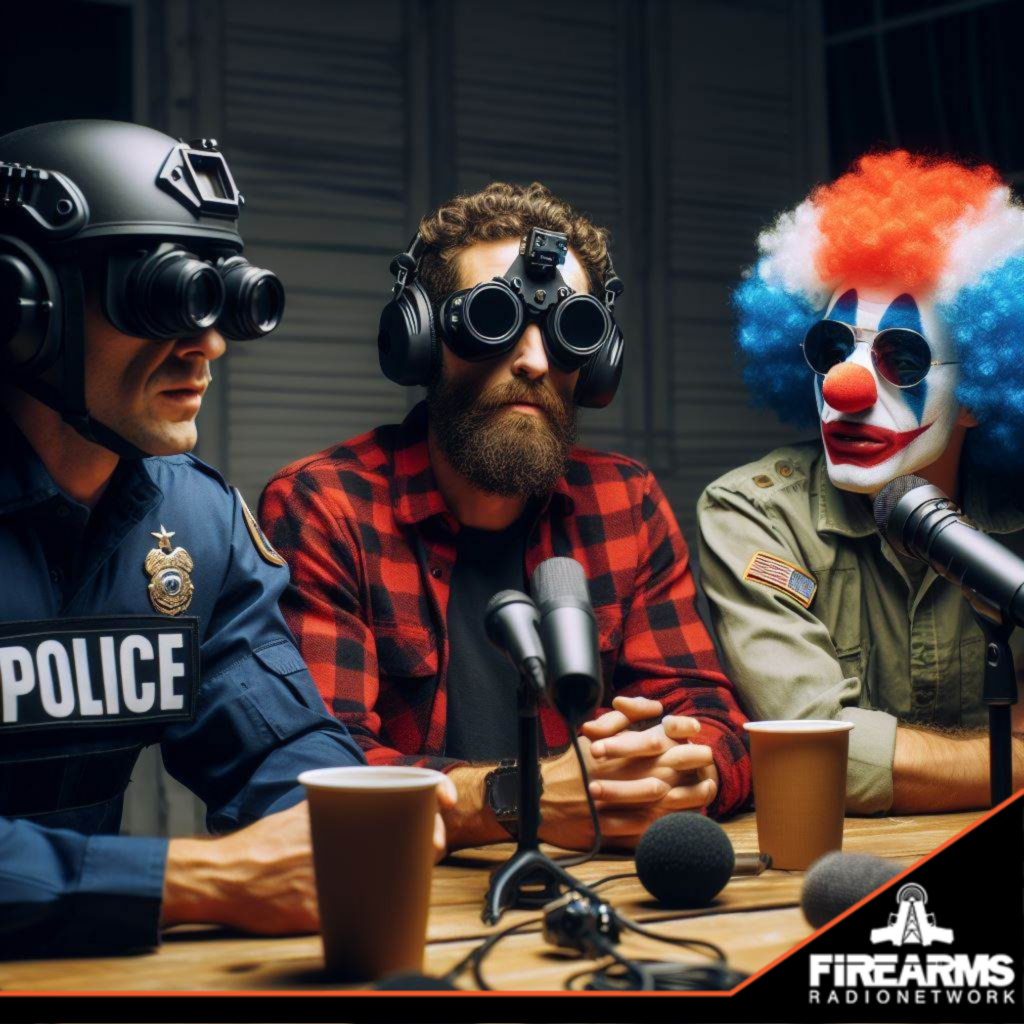 The PGM Podcast
The PGM Podcast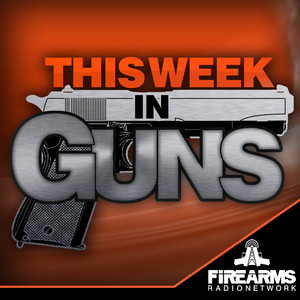 This Week in Guns
This Week in Guns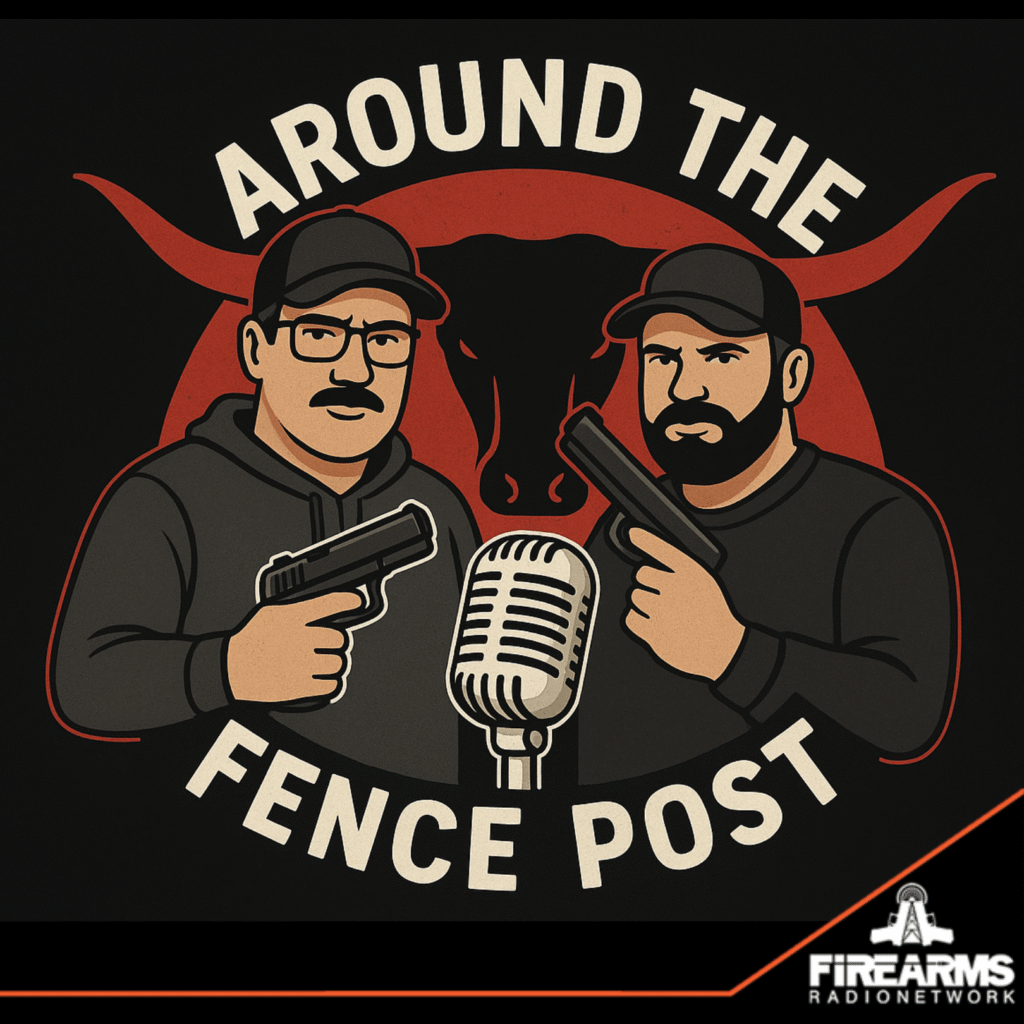 Two Guys And A Fence Post
Two Guys And A Fence Post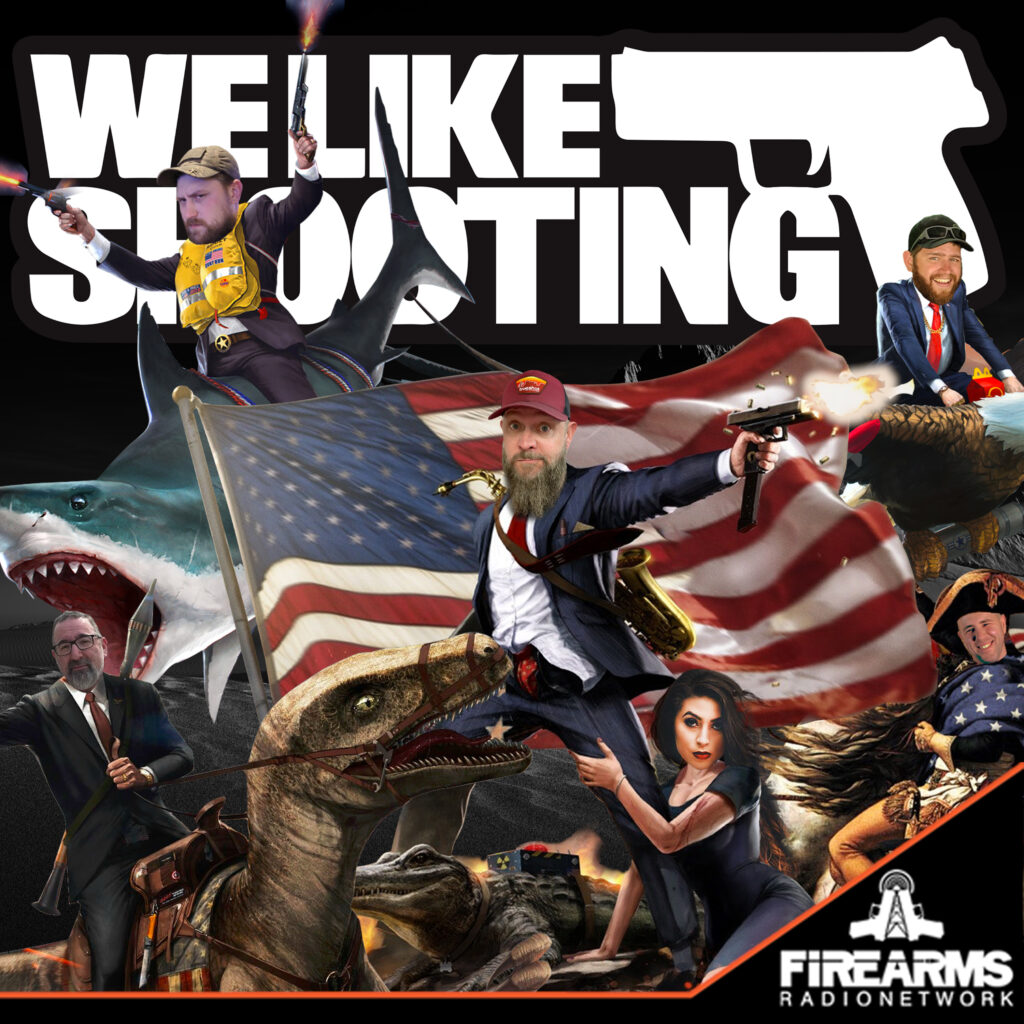 We Like Shooting
We Like Shooting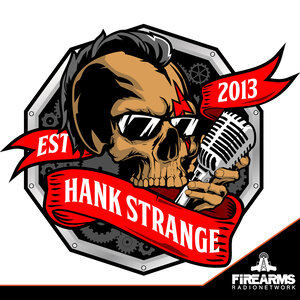 Who Moved My Freedom Podcast
Who Moved My Freedom Podcast ZERT Coffee & Chaos
ZERT Coffee & Chaos
